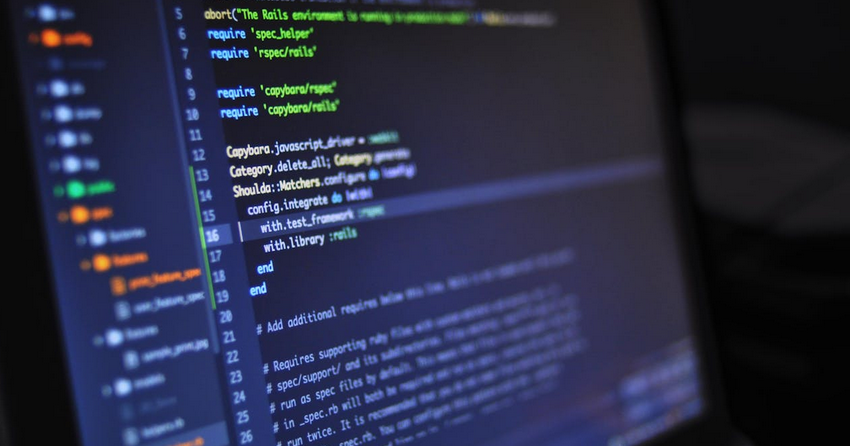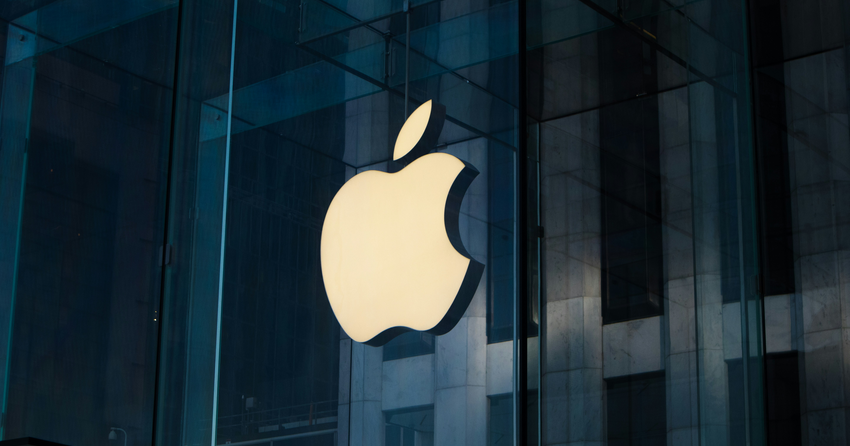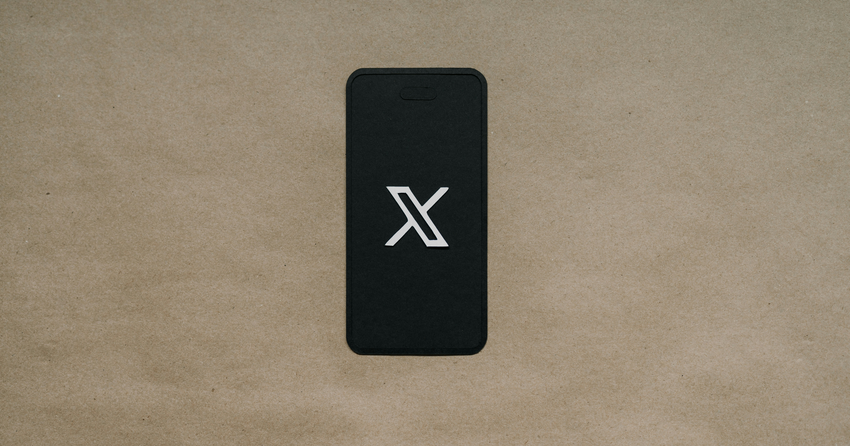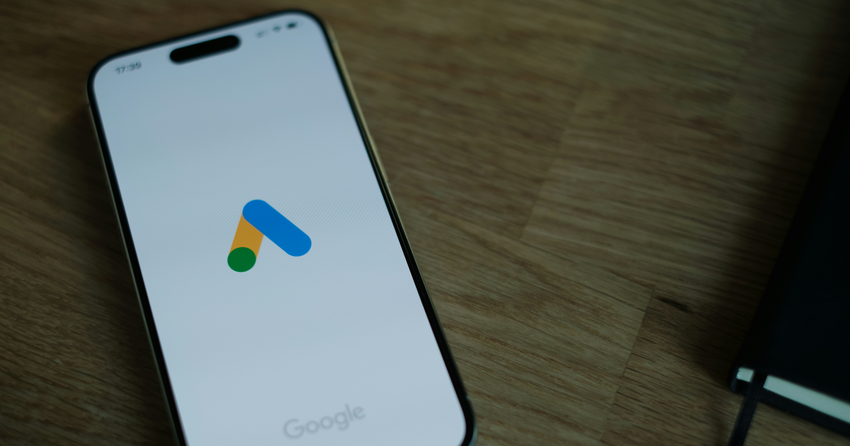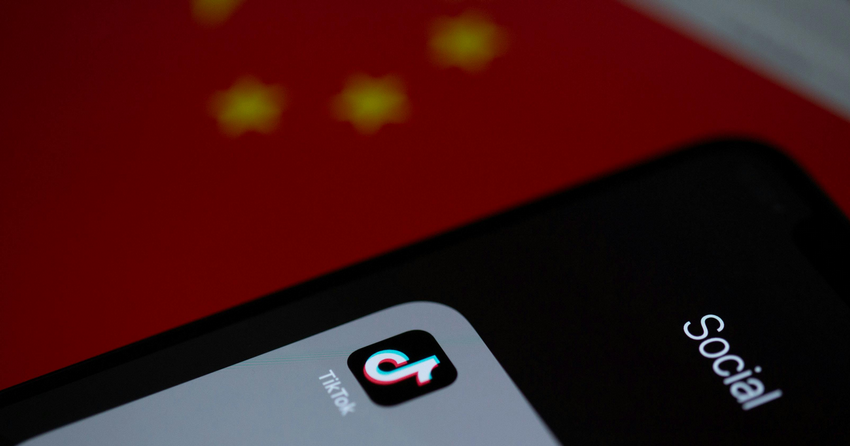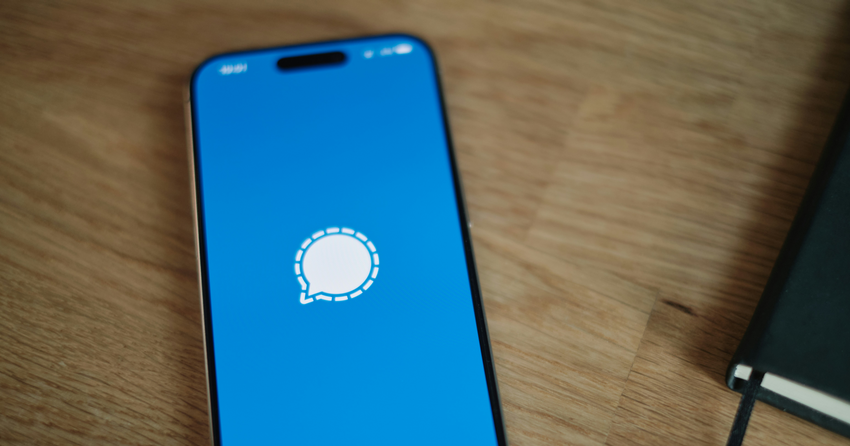
Study: AI Models Can Create New AI Models On Their Own
AI tech company Aizip Inc., in collaboration with a group of scientists at the Massachusetts Institute of Technology and several University of California campuses, discovered that AI models can now create smaller AI systems without human intervention.
“Right now, we’re using bigger models to build the smaller models, like a bigger brother helping [its smaller] brother to improve,” said Yan Sun, CEO of Aizip. That’s the first step towards a bigger job of self-evolving AI. This is the first step in the path to show that AI models can build AI models.”
The study, the first of its kind, shows that larger AI models like ChatGPT can create smaller AI applications known as tiny machine learning, or TinyML, with a narrow focus on specific tasks for everyday life. These can power home appliances and medical devices, track endangered species, monitor pipelines, and more, Yubei Chen, a researcher involved in the project, revealed.
Large AI models like ChatGPT cost around $700,000 a day to operate, but the small AI systems are affordable to implement and maintain. The researchers demonstrated an AI-powered chip significantly smaller than a dime that can collect and analyze motion data.
Through this example, the scientists explained that small AI systems reside in compact devices – or generally speaking, “in things.” On the other hand, large AI models “reside in the cloud.”
Tiny machine learning capabilities support the notion that almost every object could become intelligent in the future. For example, implementing these technologies in home appliances such as coffee machines, fridges, and TVs could make them smarter. “We are bringing the intelligence into the daily life, making life safer,” Sun emphasized.
While the project is unique because scientists were able to demonstrate that large models are capable of creating small models automatically, some tech giants are already investing in small AI model development. Microsoft, the biggest backer of ChatGPT creator OpenAI, has recently shown off its proprietary small AI models, claiming they can match or outshine large language models like ChatGPT.




